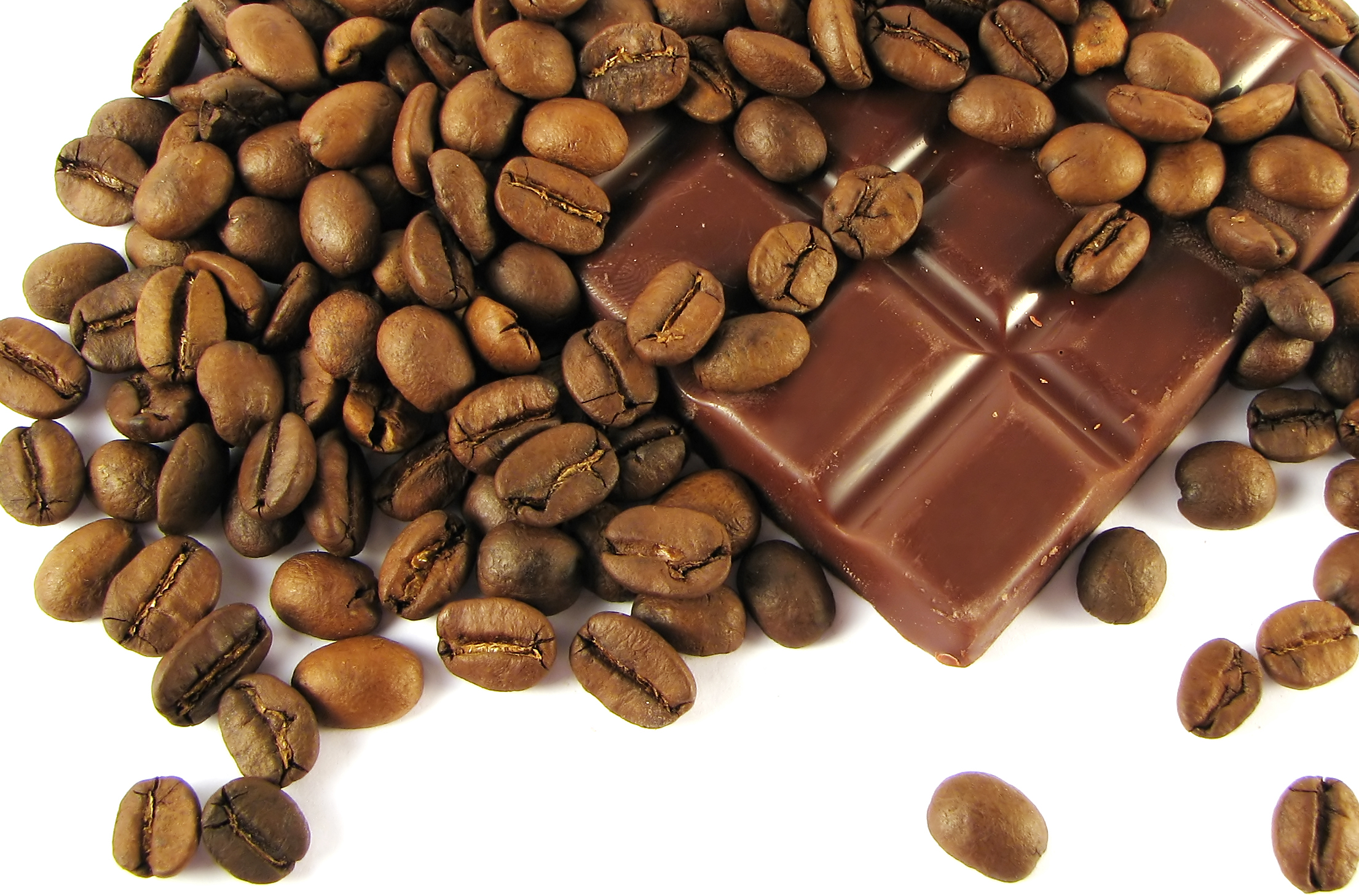Whether we’re sipping it to get going in the morning or pounding it to stay awake later at night, our favorite psychoative drug is, as always, in high demand.400 million cups of coffee per day is consumed in some part of the world according to recent estimates—over three cups each on average—delivering a jolt upwards of 300 mg of caffeine before we’ve even started thinking about lunch. Not to mention our growing habit of chugging energy drinks that can contain several cups of coffee’s worth of caffeine in a single can—easily up to 500 mg. We’re hooked and in a big way.

And what’s all of this caffeine doing in our brains? We know from a spate of recent research that there’s some good news and bad news about our coffee habits, both for our brains and overall health. But more fundamentally, caffeine is doing some interesting things not long after it passes through the neural gates. Here’s a quick breakdown of three effects.
1. Impersonate the guards
Caffeine is a chemical mimic, and it does a fantastic job of mimicking a particular biochemical called adenosine. Adenosine is known as a “neuromodulator” and it serves a variety of functions, including blood flow regulation and helping to keep our heads on straight (neurochemically speaking). It’s produced throughout the day as it plays a medley of roles, and the nervous system monitors its levels.
One way to think of this is that all day your body is running an adenosine tab that your nervous system is tracking. As adenosine enters particular receptors found in the brain and throughout the body, the tab keeps increasing until your nervous system says “last call” and pays off the tab by putting you to sleep.
The amazing talent of caffeine is to mimic adenosine’s shape and size and enter the receptors without activating them. The receptors are then effectively blocked – in other words, caffeine competitively “antagonizes” adenosine’s game. And that leads to the next effect…
2. Bring the boom
When caffeine blocks the adenosine receptors and disrupts the nervous system’s monitoring of the tab, some interesting things transpire. A few chemical frolickers make an appearance, including the neurotransmitters dopamine and glutamate, which are freed to stimulate and excite with less interference. Additional effects are related to the release of adrenaline and the neurotransmitter serotonin. This chemical cacophony delivers the jolt we’re conditioned to expect roughly 30 minutes after drinking our venti Caffe Americano.
In other words, caffeine keeps the doors blocked while the brain’s home-grown stimulators, exciters and alerters do what they do, and do it with an acute intensity facilitated by our number one drug of choice.
Most of us would love for this effect to go on endlessly, but, of course, we know that it doesn’t. And we know that with time, we need more of our favorite drug to deliver the jolt – that’s tolerance, and it doesn’t take all that long to set in. A bit of Vegas wisdom is worth noting here: the house always wins. In this case the house is our nervous system, and it’s going to collect the tab whether we like it or not.
3. Spark the chaos
We’ve learned from recent research that caffeine has a longer-term brain effect that initially sounds frightening – it sparks “brain entropy.” Odd as it seems, this is actually a good thing.
A recent study threw some light on this effect, showing that caffeine, as a potent psychostimulant, facilities faster information processing—causing brain networks to connect with more speed and efficiency—through a process of “cerebral entropy,” even when the brain isn’t actively engaged. The researchers reported they found that caffeine “increased resting brain activity irregularity or complexity, suggesting an increase of information processing capacity in the resting brain.” So the high octane injection from drinking coffee or tea may provide an ongoing boost to brain processing beyond the brief period of immediate effects.
This effect may underlie outcomes found in previous observational research showing that in the long-term caffeine appears to improve cognitive performance, including verbal memory, and may also protect against cognitive decline.
A second recent study found an association between greater brain entropy and higher verbal IQ and reasoning ability. That study didn’t draw a straight line from caffeine consumption to the potential benefits of brain entropy, but the door is open for more research to work through those connections.
So that’s a bit of the story (though not nearly all of it) about what happens when coffee, tea or other goes down, and we wait for that longed-after feeling day or night. Caffeine is a potent brain stimulant with effects science is still deconstructing, and it’s easy to overlook that it’s a drug–the world’s most consumed psychoactive drug–with definite upsides but also downsides, no matter how common and easy to find. It’s one serious substance. Just something to think about while you’re sipping.






Discussion about this post